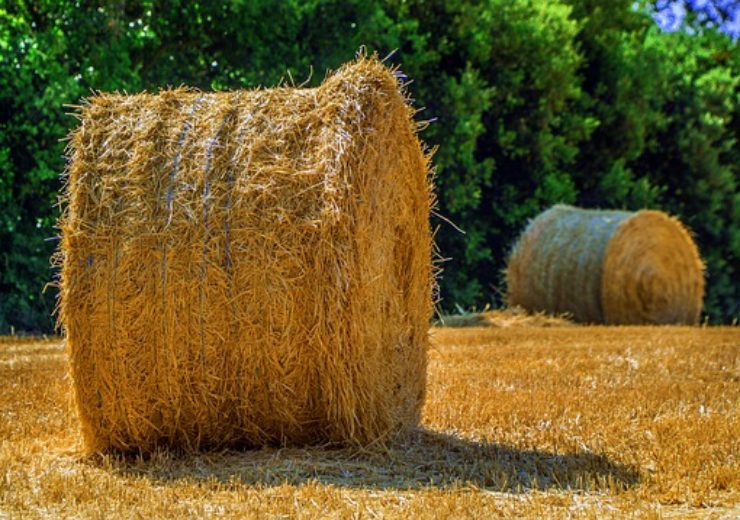Ørsted has developed the technology spending more than 15 years and a cost exceeding $200m (£165m)

Image: Biomass refineries process agricultural residues and convert them into a high-octane advanced ethanol. Photo: Courtesy of Josep Monter Martinez from Pixabay.
New Energy Blue announced the purchase of exclusive rights to Inbicon bio-conversion technology across the Americas, from Ørsted, a Danish green-energy company
The company is planning to firstemploy the technology in North Dakota, to turn wheat straw into a high-value, carbon-neutral automotive fuel.
Ørsted has developed the technology spending more than 15 years and a cost exceeding $200m (£165m). In addition, the efficacy and commercial operation of the technology was tested at its refinery in Kalundborg for nearly five years.
New Energy Blue plans to build a series of biomass refineries
The firm intends to construct a series of biomass refineries across grain belts and sugar-growing regions to process agricultural residues including wheat straw, cornstalks, and sugar bagasse, and convert them into a high-octane advanced ethanol.
In addition, the ethanol produced through bio-conversion is over 100% below the carbon baseline of grain ethanol–more than 140% below gasoline.
New Energy Blue CEO Thomas Corle said: “A number of our executives worked with Ørsted developing this technology. Our engineers continued to optimize the process of the refineries we’re designing today.
“Our plan is to feed fuel markets in states like California and countries who likewise battle carbon pollution with policies that incentivize low-carbon biofuels made from agricultural residues.”
New Energy Blue said that it has cleared a major technology acquisition hurdle, and is planning to break ground for its Spiritwood, North Dakota refinery in 2020.
The Spirit Biomass Refinery will be owned by New Energy Blue and its equity holders including regional investors, and contributes to the area economy.
Corle added: “Using Inbicon technology at the core of our refinery gives a clean process–no acid or high ammonia used–unlike other technologies at commercial scale. Instead of using fresh water, our enclosed-loop design recycles the water from the biomass—about 15% moisture—which can produce a surplus of clean water for uses like irrigation.
